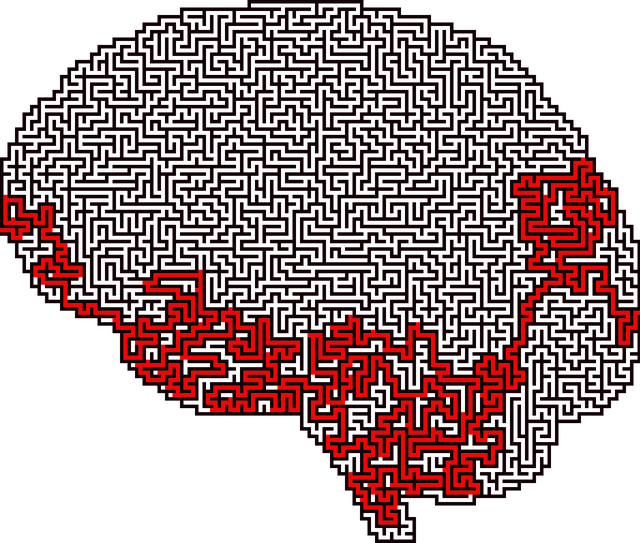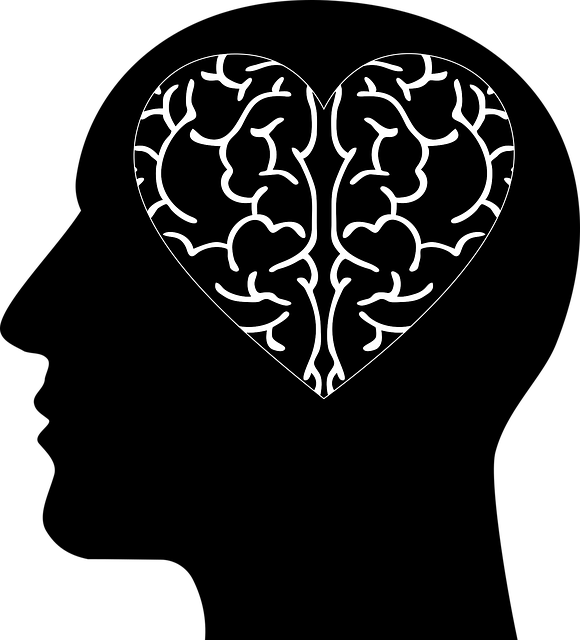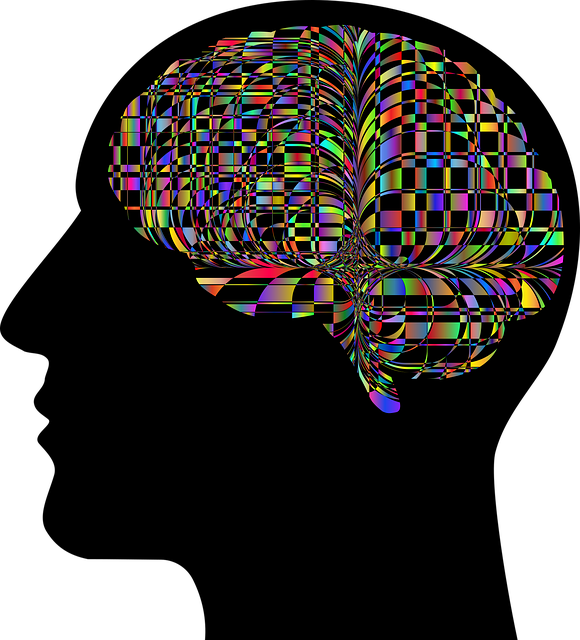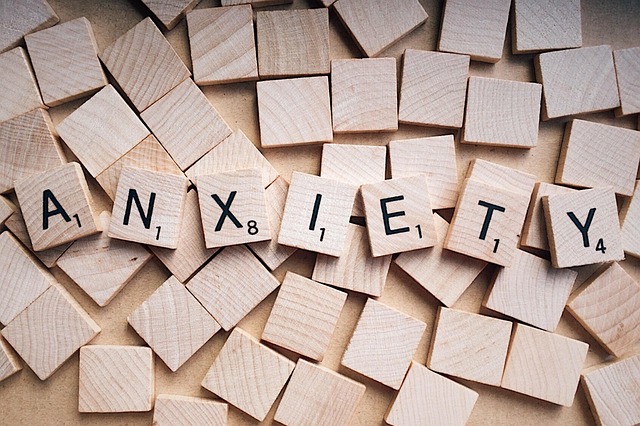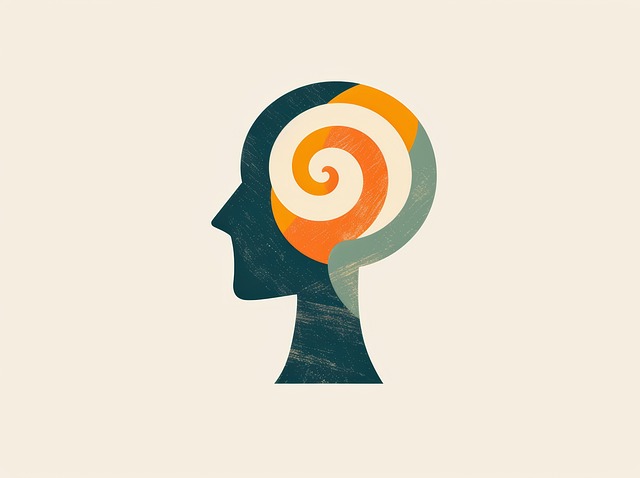Understanding your mental health needs, especially with conditions like Centennial Post-Traumatic Stress Disorder (CPTSD), is key to developing an effective self-care routine. This involves personal assessment, professional help, and a comprehensive evaluation of stress management, coping mechanisms, and emotional resilience. By identifying triggers, implementing tailored strategies like mindfulness and setting boundaries, individuals can enhance self-awareness and build resilience. Centennial PTSD therapy offers specialized tools for symptom management through evidence-based Mind Over Matter principles, reducing stigma, and promoting proactive mental health practices in society.
Developing a mental wellness self-care routine is essential for navigating life’s challenges. This article guides you through a transformative journey, starting with a personal assessment of your mental health needs. We explore the critical step of identifying triggers and stressors to enable proactive healing. By crafting a tailored self-care routine, individuals can foster resilience. Furthermore, we delve into Centennial Post-Traumatic Stress Disorder (CPTSD) therapy as a powerful tool for enhancing wellness and managing symptoms effectively.
- Understanding Your Mental Health Needs: A Personal Assessment
- Identifying Triggers and Stressors: The First Step Towards Healing
- Crafting a Self-Care Routine: Tailored to Your Unique Journey
- Integrating Centennial Post-Traumatic Stress Disorder (CPTSD) Therapy for Proactive Wellness
Understanding Your Mental Health Needs: A Personal Assessment

Understanding your mental health needs is a crucial first step in developing an effective self-care routine. It involves a personal assessment of your current state, past experiences, and any underlying conditions that might affect your mental wellness. This process requires introspection and, if necessary, seeking professional help. For instance, individuals who have experienced Centennial Post-Traumatic Stress Disorder (PTSD) may require specialized therapy sessions to address their unique challenges.
A comprehensive evaluation should consider various aspects of your life, including stress management skills, coping mechanisms, and emotional resilience. This assessment can be a powerful tool for identifying areas that need improvement or support. By recognizing these needs, you can create a tailored self-care strategy that incorporates activities promoting positive thinking and mental illness stigma reduction efforts, while also incorporating risk management planning for mental health professionals to ensure a safe and healthy journey towards improved mental wellness.
Identifying Triggers and Stressors: The First Step Towards Healing

Identifying triggers and stressors is a pivotal step in developing a self-care routine that promotes mental wellness. Many individuals carry emotional burdens or experience recurring stress, which can be deeply connected to past traumas or ongoing challenges. Recognizing these triggers—whether it’s certain situations, interactions, or internal thoughts—is essential for healing and growth. For those who have experienced post-traumatic stress disorder (PTSD), therapy plays a crucial role in this process, helping them to navigate and manage their responses effectively.
By understanding one’s unique triggers, individuals can begin to implement tailored self-care practices. This may include engaging in self-awareness exercises that promote mindfulness, setting healthy boundaries, or adopting burnout prevention strategies for healthcare providers to maintain a sense of balance. Enhancing self-awareness and practicing confidence-boosting techniques are powerful tools in navigating stressors and cultivating resilience, ultimately contributing to a more fulfilling and caring relationship with oneself.
Crafting a Self-Care Routine: Tailored to Your Unique Journey

Crafting a self-care routine is a deeply personal journey that varies for everyone. It’s not about adopting trendy practices but rather integrating strategies that resonate with your unique needs, experiences, and mental health challenges. For individuals navigating post-traumatic stress disorder (PTSD), this process may involve tailored coping skills development and empathy-building strategies, addressing specific triggers and sensory requirements.
A well-rounded self-care routine for PTSD might encompass a combination of physical activities that reduce stress, such as yoga or walking, alongside emotional practices like journaling or art therapy to process traumatic memories safely. Establishing consistent routines can create a sense of grounding and security, helping to manage symptoms over time. Consider what brings you comfort and peace, and don’t hesitate to seek guidance from therapists or support groups specializing in Centennial PTSD therapy for personalized recommendations on effective self-care practices.
Integrating Centennial Post-Traumatic Stress Disorder (CPTSD) Therapy for Proactive Wellness

Centennial Post-Traumatic Stress Disorder (CPTSD) therapy plays a pivotal role in proactive mental wellness routines, especially for individuals navigating complex emotional landscapes. This specialized form of treatment goes beyond traditional PTSD therapies by addressing the unique challenges faced by those who have experienced chronic trauma across their lifespan. CPTSD therapy leverages evidence-based Mind Over Matter principles to help clients reframe traumatic memories and develop healthier coping mechanisms.
Integrating this approach into self-care routines can significantly contribute to public awareness campaigns development and mental illness stigma reduction efforts. By fostering open conversations about CPTSD, individuals are empowered to seek support and share their stories, leading to a more understanding and compassionate society. Through regular practice, these therapeutic techniques enable individuals to regain control over their emotional well-being, fostering resilience and promoting a proactive approach to mental health management.
Developing a mental wellness self-care routine is a transformative journey, especially when incorporating tailored CPTSD therapy. By understanding your unique mental health needs and identifying triggers, you can proactively manage stress and enhance overall well-being. Crafting a personalized routine that includes coping strategies and healthy habits empowers individuals to navigate life’s challenges with resilience. Through consistent practice, self-care becomes a powerful tool for healing and growth, allowing one to embrace a brighter and more balanced future.
